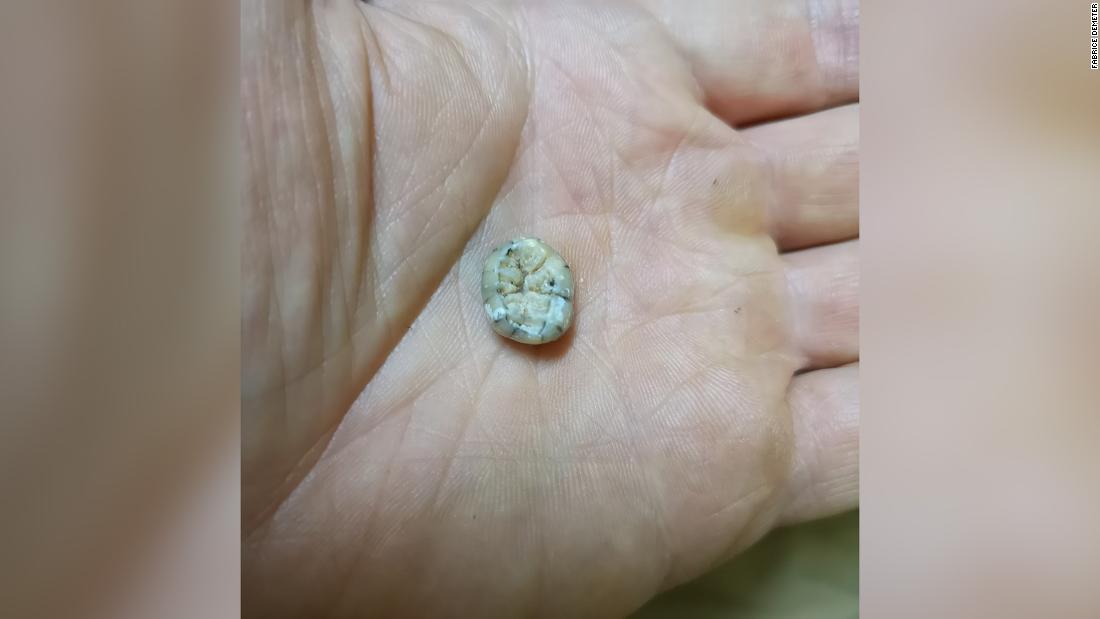
So for us paleoanthropologists (teeth) are very useful fossils," Zanolli said.
Comparison with archaic human teethThe researchers compared the ridges and dips on the tooth with other fossilized teeth belonging to archaic humans and found it didn't resemble teeth belonging to Homo sapiens or Homo erectus -- an archaic human that was the first to walk with an upright gait whose remains have been found across Asia.The authors said it was possible, though less likely, it could belong to a Neanderthal.
"There is a chain of assumptions the authors accept in order to confirm that this is a Denisovan fossil," she said.In deeming the Laos tooth Denisovan, the researchers in this study relied heavily on a comparison with the Xiahe jawbone, Douka said."This lack of robust biomolecular data, however, reduces significantly the impact of this new find and it is a reminder of how difficult it is to work in the tropics."
The study authors said they planned to try and extract ancient DNA from the tooth, which, if possible, would provide a more definitive answer but the warm climate means that could be a long shot.